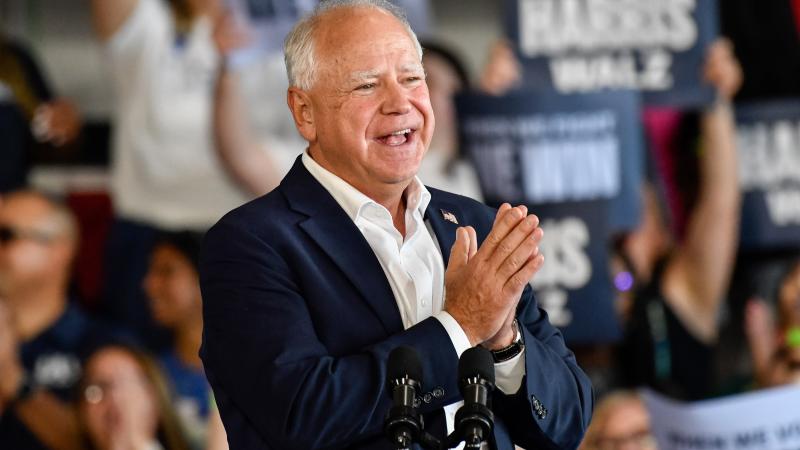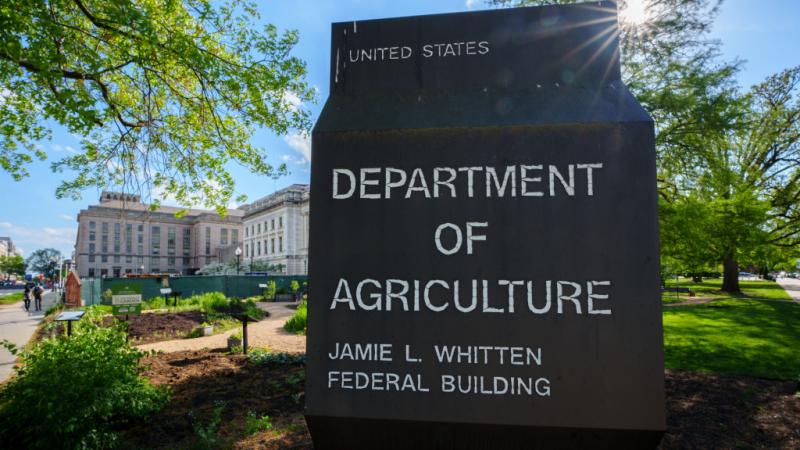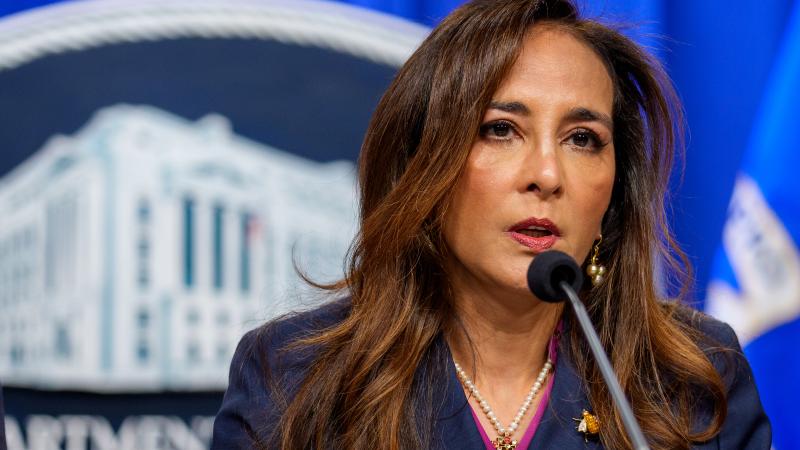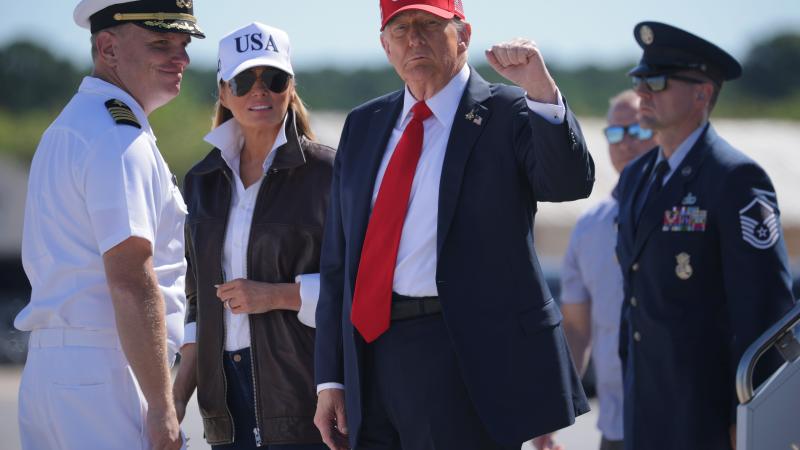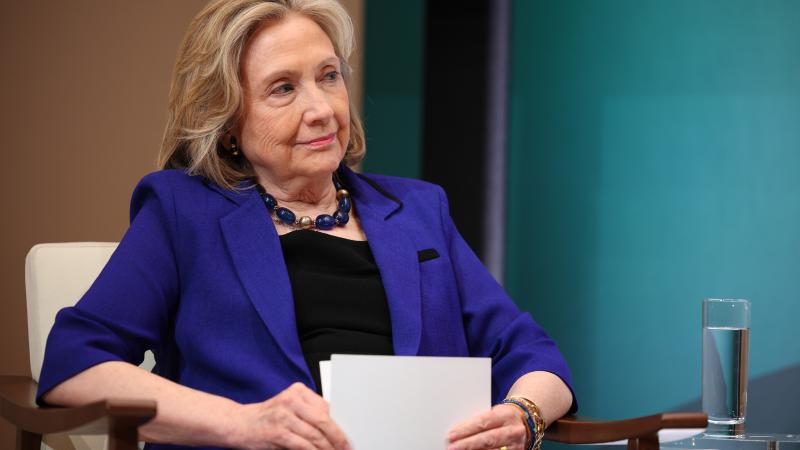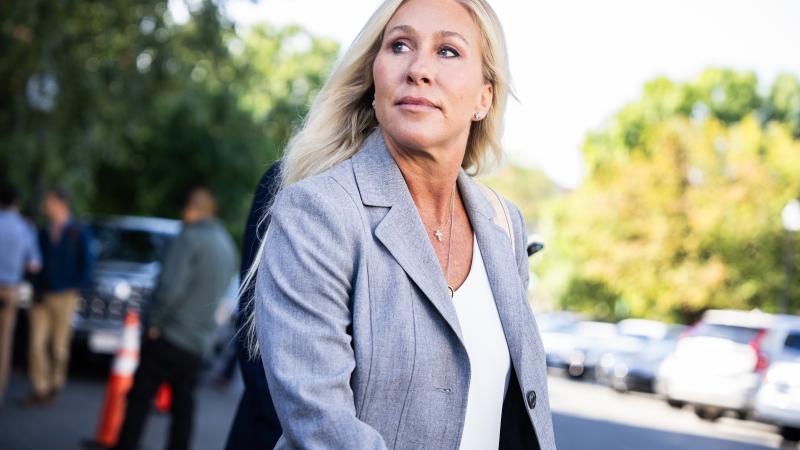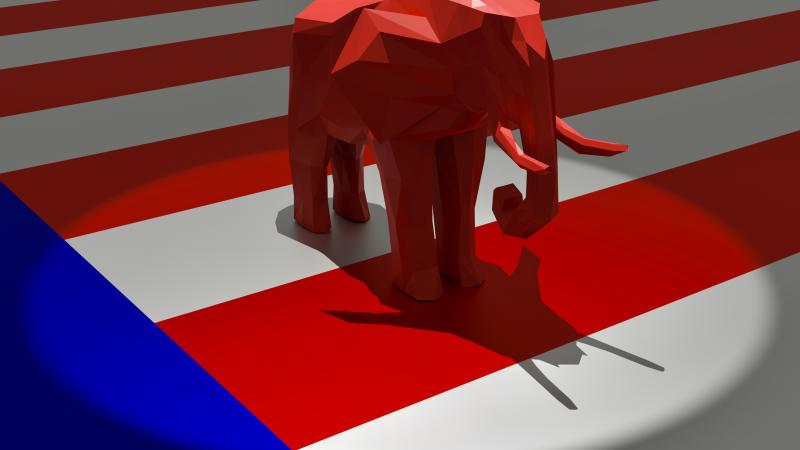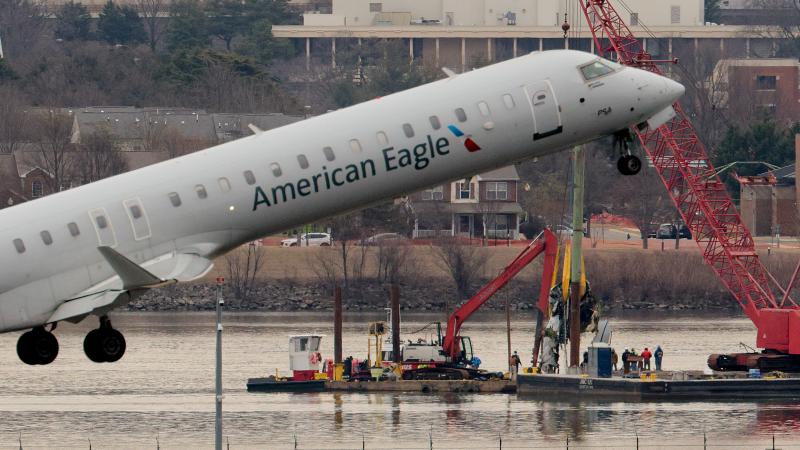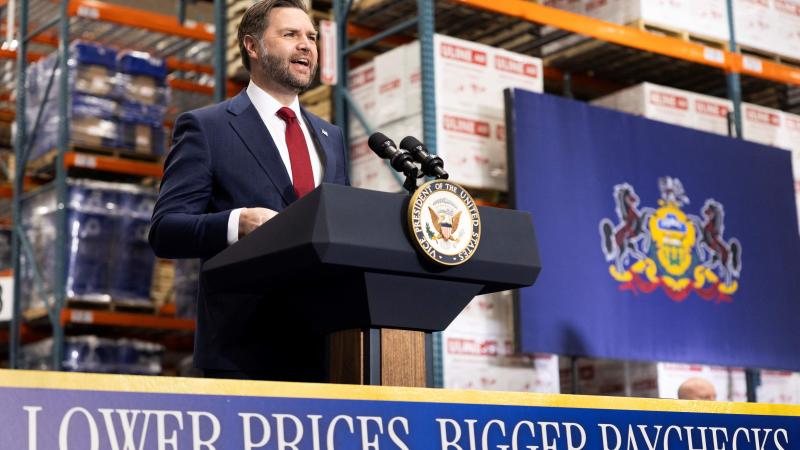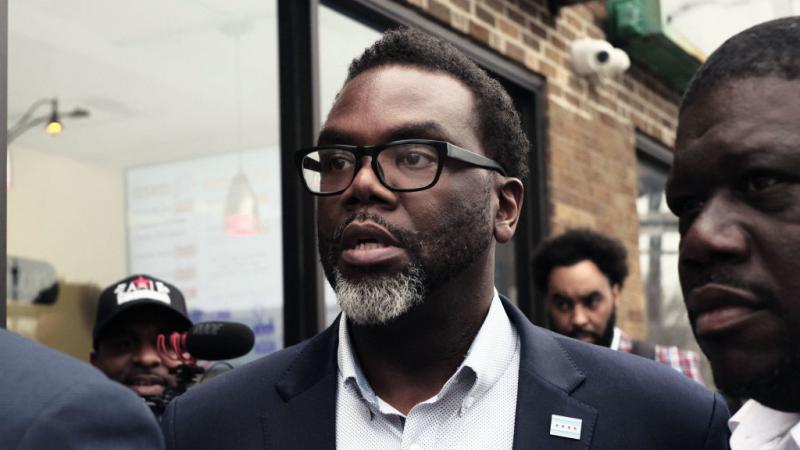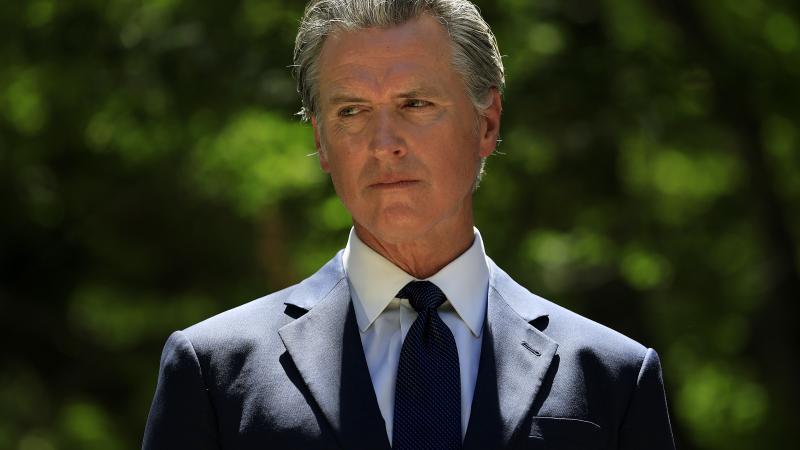HHS spends $650M on ventilators from firm that didn't produce them after initial deal
HHS initially spend $13.8 million with the same company and still hasn't seen a single ventilator in return
The Golden Horseshoe is a weekly designation from Just the News intended to highlight egregious examples of wasteful taxpayer spending by the government. The award is named for the horseshoe-shaped toilet seats for military airplanes that cost the Pentagon a whopping $640 each back in the 1980s.
This week, the award goes to the Department of Health and Human Services (HHS) for paying $13.8 million in 2015 to develop easy-to-produce and use ventilators for the national stockpile that never arrived — and then contracting with the same company in April of this year for an additional $650 million to produce an emergency supply of ventilators at four times the cost of the original devices.
In 2015, HHS contracted with Respironics, which is owned by Royal Philips N.V., to develop the Trilogy Evo Universal ventilator, with a goal of producing a portable machine that was less complex than the standard hospital ventilator model and could be more easily produced, distributed, and added to the national stockpile. The government contracted the Royal Philips subsidiary company to produce 10,000 ventilators at a rate of $3,280 per machine.
In the summer of 2019, the FDA approved the company’s design for the compact ventilator — but instead of fulfilling the government’s order, the company began selling higher-priced commercial versions of the ventilator to the global market.
Despite testifying to Congress in February of this year that “this game-changing device, considered a pipedream just a few years ago, is now available at affordable prices to improve stockpiling and deployment,” HHS had not received a single Trilogy Evo Universal ventilator by the start of the coronavirus pandemic in March.
This costly lag was allowed because the contract signed by HHS gave Respironics nearly a full calendar year from the time of FDA approval before they were required to produce any ventilators, and two years after that to complete the 10,000-machine order.
Since early March, several developments have occurred pertaining to the government’s mission to secure ventilators from Royal Philips.
First, the terms of the HHS’s initial production contract with the company have shifted. Royal Philips will now deliver the Trilogy Evo machines “as soon as possible.” Technically, though, they are still only obligated to deliver them by September 2022.
Second, the price of ventilators, as dictated by market demand, has increased significantly. In March and April, Royal Philips was selling their commercial version to buyers around the world for as much a $17,000 per machine.
Third, as a result of President Trump invoking the Defense Production Act, HHS has developed a second contract with Royal Philips to produce about 43,000 ventilators for the United States at a cost of $15,039 per machine.
Of that order, 2,500 will be delivered by the end of this month, and the rest are obligated by the end of December. The contract is worth $646.7 million. This separate order of ventilators is for the Trilogy EV300, which is the more expensive commercial model of the device that HHS paid to develop.
In addition to the contract with Royal Philips N.V., HHS has also finalized a contract with General Electric worth $336 million to produce 50,000 ventilators by mid-July.
As coronavirus case numbers level off around the country, experts are finding that ventilator access hasn’t been the problem it was initially feared to be.
Perhaps, then, it is time to question the government’s decision to spend almost one billion in taxpayer dollars on equipment that may be superfluous — including $647 million for a far more expensive version of a device the original, lower-cost order for which has still not been fulfilled by the supplier.

